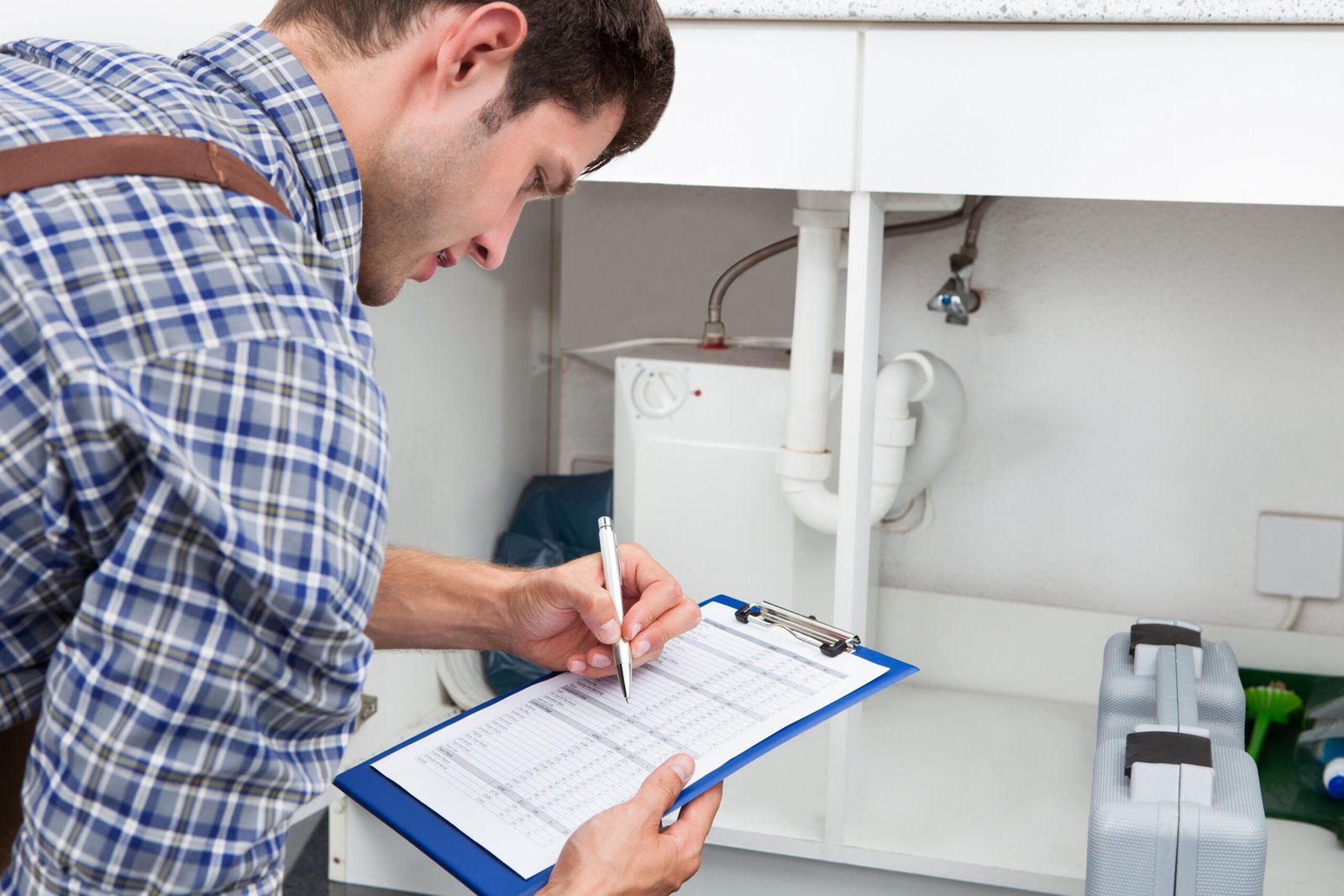Essential Guide to Property Inspection in Dubai: What Every Buyer Needs to Know
Are you considering purchasing property in the vibrant city of Dubai? Whether you’re a first-time buyer, an investor, or looking for a family home in this thriving metropolis, understanding the nuances of a property inspection is crucial. This comprehensive guide provides valuable insights, expert advice, and practical tips to help you navigate the property inspection process in Dubai with confidence.

Feel free to reach out for personalized assistance at Property Inspection Dubai via phone at +971 50 91 82 682.
Why Property Inspection is Essential
Before diving into the intricacies of inspection, let’s understand why it’s a critical step in the Dubai real estate buying process.
-
Identifying Structural Problems: Inspections can reveal issues like wall cracks, water damage, or foundation instability.
-
Understanding Maintenance Needs: Helps assess the overall property condition and anticipated upkeep.
-
Negotiation Power: Use the inspection findings to negotiate repairs or a price reduction.
-
Peace of Mind: You gain confidence knowing the true state of your potential investment.
What to Expect During a Property Inspection
1. Choosing an Inspector
Select a licensed, experienced inspector with strong local knowledge and credible reviews.
2. Types of Inspections
-
Pre-Purchase Inspections – Before signing the deal.
-
New Construction Inspections – For code compliance and quality assurance.
-
Commercial Inspections – For commercial property investors.
-
Specialty Inspections – For concerns like mold, pests, or HVAC.
3. What’s Included in the Inspection?
-
Exterior Elements: Roof, foundation, drainage.
-
Interior Elements: Walls, ceilings, insulation.
-
Systems: Electrical, plumbing, HVAC.
-
Appliances: Ensures all included items are operational.
4. Duration of the Inspection
Most residential property inspections in Dubai take 2–3 hours, depending on size.
Preparing for a Property Inspection
1. Be Present During the Inspection
Your presence allows real-time questions and better understanding of issues.
2. Gather Necessary Documents
Bring previous reports, warranties, or maintenance records.
3. Create a Checklist
Include:
-
Areas of concern
-
Questions for the inspector
-
Unique property features
4. Request Access to All Areas
Ensure full access to basements, attics, and mechanical rooms.
Post-Inspection: Analyzing the Report
1. Understand the Language
Familiarize yourself with common terms like:
-
Deficiency: Needs repair or replacement.
-
Deferred Maintenance: Delayed routine care.
2. Prioritize Issues
-
Major Issues: Structural, electrical, plumbing.
-
Minor Issues: Cosmetic or non-critical fixes.
3. Consult with Experts
Seek specialists if major issues are uncovered.
Negotiating After the Inspection
1. Prepare for Negotiation
Use the inspection report as evidence during discussions.
2. Be Reasonable in Your Requests
Request only repairs or concessions that align with the issue’s severity.
3. Remain Open-Minded
Expect some negotiation and compromise.
Common Issues Found During Inspections in Dubai
-
Water Damage: Look for leaks, mold, stains.
-
Outdated Electrical Systems: Especially in older buildings.
-
HVAC Inefficiency: Vital in Dubai’s climate.
-
Maintenance Deficiencies: Wear and tear in older structures.
Choosing the Right Property Inspector
1. Credentials and Experience
Evaluate the inspector’s qualifications and number of inspections conducted.
2. Reviews and References
Check online feedback and ask for client references.
3. Sample Reports
Request a sample to assess thoroughness and clarity.
4. Inspection Costs
Ensure the price is competitive, but don’t choose based on cost alone.
Conclusion
A thorough property inspection in Dubai is essential before closing a deal. From preparing for the inspection to interpreting the report and negotiating with confidence, this guide ensures you’re equipped for a smart investment.
Need expert support? Reach out to Property Inspection Dubai at +971 50 91 82 682 — we’ll help you make a sound and informed decision in your real estate journey.
